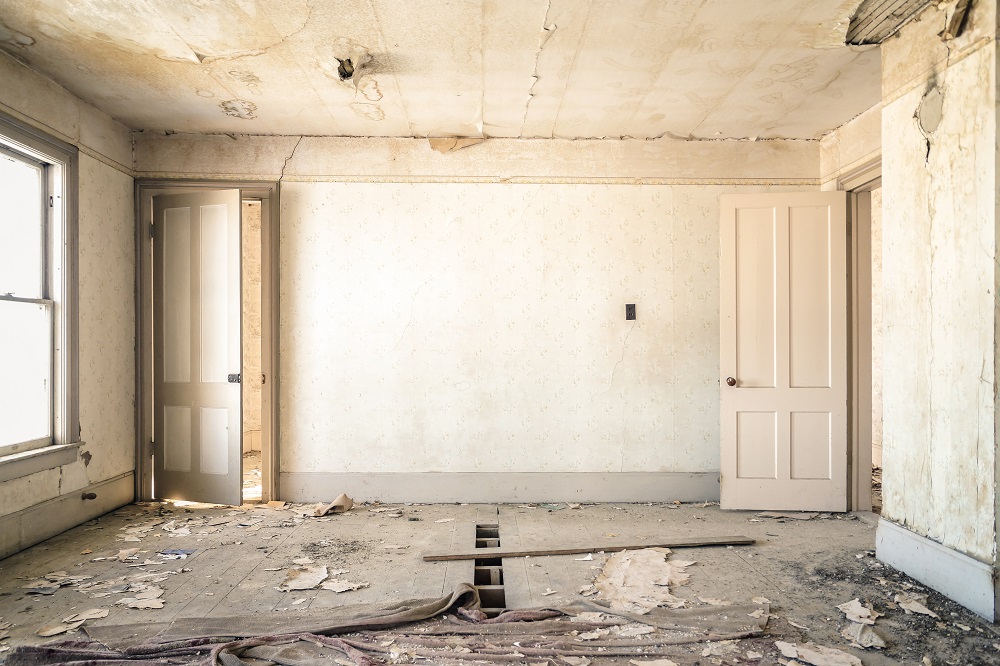It is exciting and satisfying to upgrade your home, without a doubt. But it can take hard work and commitment – then there is the inevitable mess to clear up at the end; a headache in itself! Of course, responsible waste management means recycling unwanted materials to ensure less goes to landfill. The most convenient option is to hire a company to clear your old stuff. Here are some of the renovation waste materials you may need to dispose of and ways to do it:

Rubble & bricks
When demolishing old buildings, garages etc and knocking down walls, it results in a lot of heavy waste. This will usually need professional disposal by a waste removal company; one that is compliant with the building waste disposal laws in your country.
Ordering a metal skip (known as a dumpster in the US) is the most convenient option, as the container can be kept on site for as long as needed. Then it can be collected by truck and taken away for disposal. It’s a far more cost-effective and time saving way of getting rid of your rubble and brickwork in the long run.
The price of this service may be depend on the weight of the load, plus labour, tansport and disposal fee costs or landfill tax. Get a quote upfront and find out about container sizes and availability, how quickly rubbish can be removed etc.
Landscaping waste
When undertaking a renovation project, the outdoor area usually gets trampled and trashed so may need landscaping afterwards. Or you may want to upgrade the outdoors to complement the new indoors. Check with your local council to see if you can recycle your landscaping waste. Lucikly, the majority of garden waste can be recycled, e.g. grass, clippings, plants, bark, twigs etc. You can drop it off at your local garden waste depot or have it collected for composting.
Hardcore materials like flagstones, boulders, bricks etc can be reused. Why don’t you advertise them on a site either for sale or free for collection? Turf and soil, too, will almost certainly be used by other people doing their own garden projects.
Wood, metal and other recyclable materials
Wood, metal, paper, card, plastics – all these can be re-used or recycled and your local waste recycling centre should have collection points for each one. Why not donate old furniture to charity? They may even collect it from you for extra convenience.
Vintage bricks and wooden flooring are highly sought after and you may be able to do a deal with a salvage yard.
General waste may be bagged up and taken to your local refuse centre, or collected by a professional service, however it is our responsibility to re-use and recycle as much waste possible to avoid excess waste going to landfill.
Hazardous waste
At the end of a renovation project, you may have left over paint and chemical based liquids that can’t be tipped down the drain. Some charity projects undertaking community work may be able to use up your left overs, so ask around.
Hazardous waste is classified as waste that is dangerous or harmful to our health and to pets, wildlife or the environment. Did you know that domestic items like fridges and TVs can’t just be thrown into a skip? drop them off at the appropriate recycling point in your local waste management centre for proper disposal. Anything containing pressurised gas, flammable liquids, chemicals, pesticides etc. needs to be disposed of safely.
Here is a helpful government guide to waste classification. If you’re still unsure, seek advice from your local council’s recycling and waste department.
Collaborative post
© Copyright 2019 Antonia, All rights Reserved. Written For: Tidylife


Leave a Reply